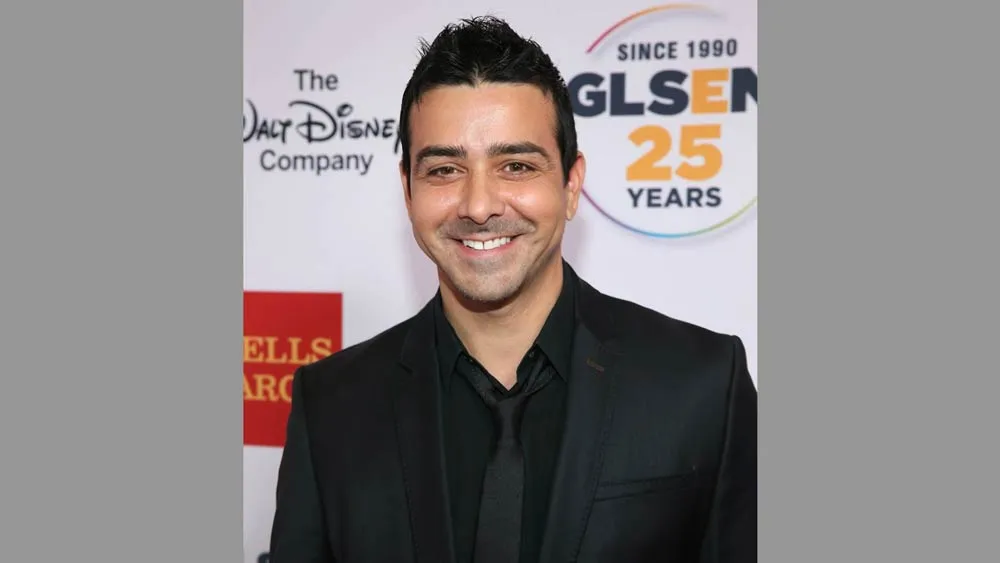December 30, 2014
Court Throws Out Firefighters' Gay Pride Lawsuits
Bobby McGuire READ TIME: 2 MIN.
The Rhode Island Supreme Court has thrown out lawsuits brought by two Providence firefighters who said their constitutional rights were violated when they were ordered to drive a truck in a gay pride parade despite their religious objections.
The firefighters, Theodore Fabrizio and Stephen Deninno, argued that they are Roman Catholics and therefore do not support or condone homosexuality.
Justice William Robinson, writing for all five members of the high court this month, said the men appeared in the 2001 parade as public servants who were "relatively anonymous." He called it a legitimate work assignment.
"The respondents' appearance in the parade, solely as members of the Providence Fire Department, did not constitute a form of expression on their part. Rather, it was simply the accomplishing of a task assigned to an engine company of the Providence Fire Department," Robinson wrote.
The two lawsuits, filed in 2004, were brought against former Mayor Buddy Cianci and James Rattigan, who was fire chief in 2001. The firefighters sought compensatory and punitive damages for alleged violations of their freedom of religion and speech.
The court said the men were assigned to work the parade because they served in an engine company that was closest to the parade route. They asked to be reassigned but were refused, according to their lawyer. They said that during and after the parade, they experienced sexual harassment from parade-goers and their co-workers.
A lawyer for the city told the court during arguments in September that the city sent trucks to various parades as a matter of course, including the Columbus Day parade, Purim parade and others.
After the September hearing, Cianci - who at the time was making an ultimately unsuccessful bid to reclaim the mayor's job he left in 2002 - complained about the glacial pace of the case before the court.
In his opinion, Robinson also made reference to the slow pace of the case, calling it a "jarndycean piece of litigation," an apparent reference to the fictional case Jarndyce v. Jarndyce in the Charles Dickens novel "Bleak House," which drones on for so long and is so complicated that no one alive knows what it means.







